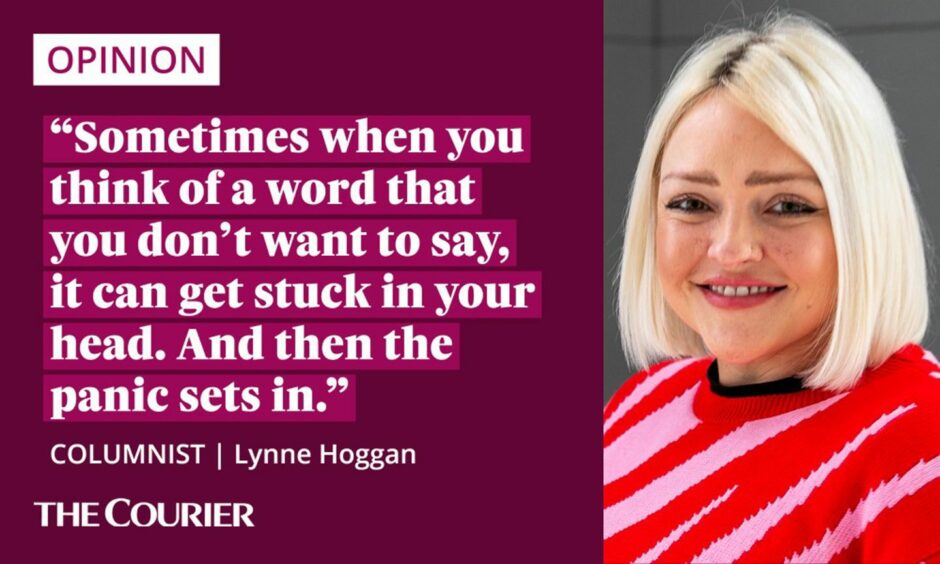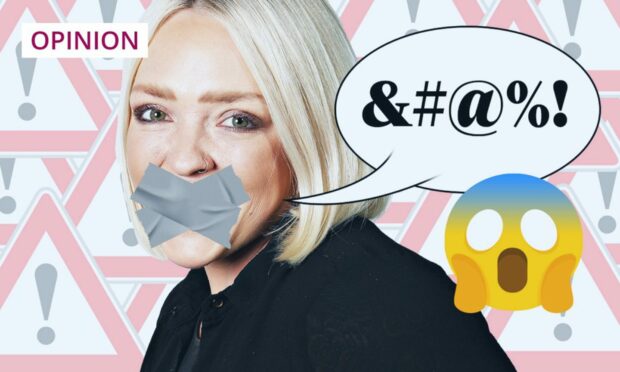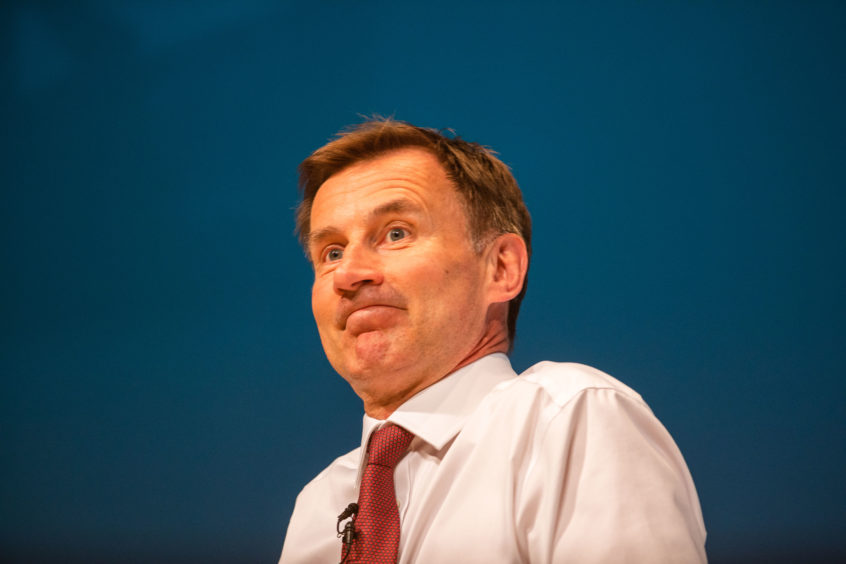Lots of broadcasters have been tripping up over the words general election and Jeremy Hunt recently, and I sympathise. I really do.
I get asked a lot if have ever sworn on the radio.
It’s an acceptable question. I can be known to turn the air blue when I’m out with friends.
And funnily enough I’ve managed to go through my whole radio career without coming out with a swear word.
However I have been on with someone who has, and I’ve been the one who has had to apologise.

I also understand how these things can happen now and again, especially when you have certain words or names to read out that lend themselves to slip-ups.
And I feel sorry for newsreaders now that Jeremy Hunt and his tricky surname is back in the cabinet – and back in their bulletins.
Beware pranksters – first rule for avoiding on-air gaffes
I have had plenty of on-air gaffes without the swearing though.
Moments when I’ve said something stupid, then realised the second it’s come out my mouth, by which point it’s already too late.
One of my favourite stories is from around 10 years ago when I was reading out some texts on my show.
I started on one that I clearly hadn’t checked beforehand and it said: “Hi Lynne, could you say hello to my friends Liz, Anya and Carl Hick-bread who are off to Italy on holiday today, love from Penne.”
It wasn’t until I said Penne that it all started to make sense, and I realised what I’d just said on the radio.
I had already taken my mic fader down at this point, so it was out there for all to hear.
And I couldn’t interrupt a song that was already playing to tell the listeners that I’d realised what I’d done.
It was the longest three and a half minutes of my life.
I learned a valuable lesson about radio that day. It’s always better to have a quick check through first because there will always be someone trying to catch us out.
Don’t say it, don’t say it…
I don’t need listeners to make me look daft though. I’m perfectly capable of managing that on my own.
I’ve fallen off a chair in the studio while the mic was live.
I’ve screamed because I thought there was a spider on my leg.
And I’ve said the wrong station name – plenty of times.
Sometimes when you think of a word that you don’t want to say, it can get stuck in your head.
And then the panic sets in.
Because it’s there on the tip of your tongue. Yet you know you can’t say it.
And then there are other words that broadcasters can’t avoid saying.
The ones that give you slight anxiety before they’re out of your mouth.
Words like Hunt and trucker.
Even talking about a blow dry can be tricky.
So I’ll try to mind my language and dodge the on-air gaffes.
And If I ever get a text from Will the Banker, I’ll maybe just not bother reading that one out.














Conversation